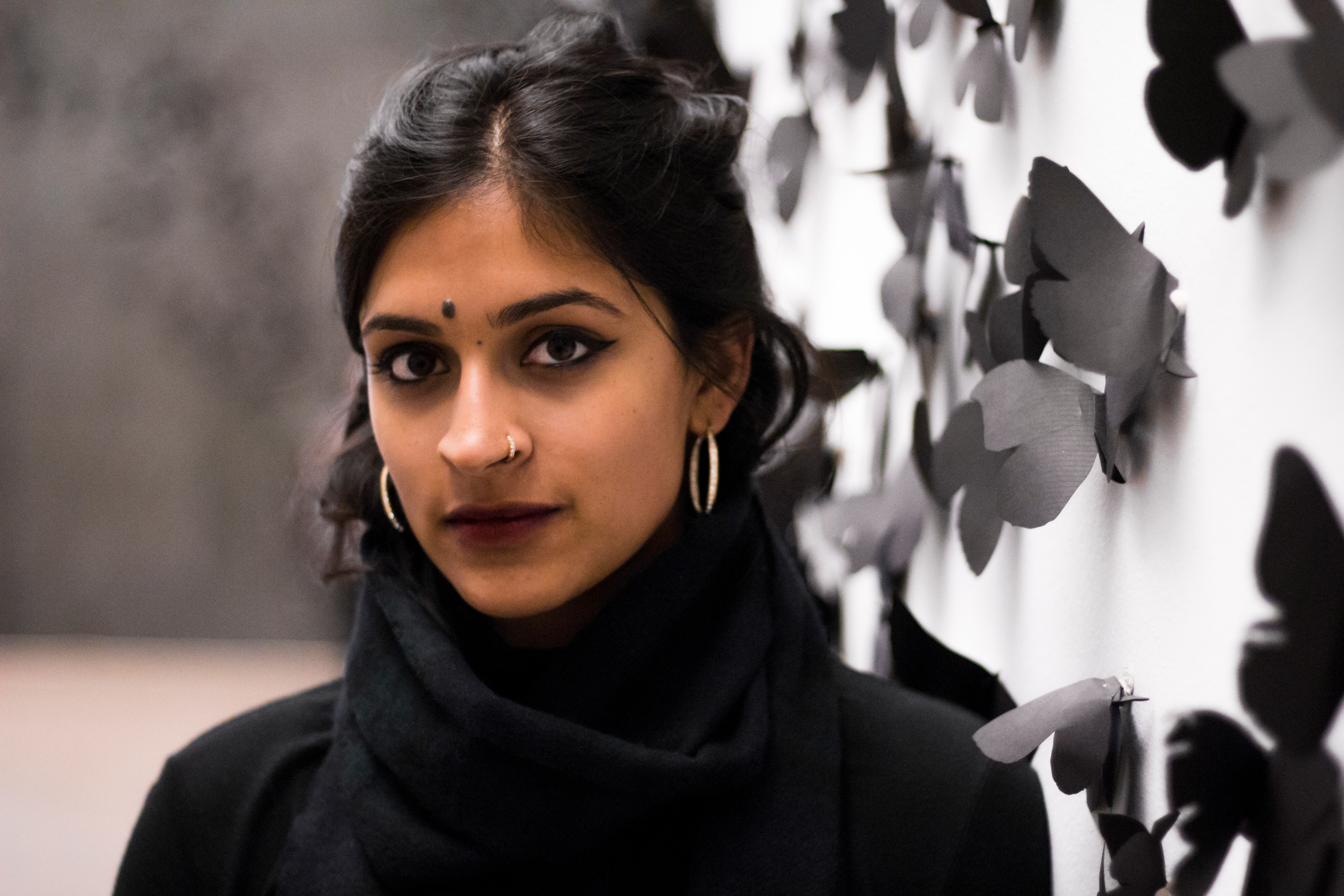Sun Devil advocates for women’s health worldwide
Editor’s note: This story is part of a series about ASU students who are making a difference in their own communities leading up to the Change the World Showcase and Competition at 5 p.m. Wednesday, March 27, 2019, at Sun Devil Stadium. Learn more at changetheworld.asu.edu.
For a long time, junior Asha Ramakumar wanted to be an OBGYN. But after traveling and learning more about women’s health care needs throughout the world, Ramakumar was inspired to advocate in a different way.
“It’s great to practice,” she said. “But you can’t practice if the law doesn’t allow you to practice. I felt like that is where the actual changes happen is at the policy level. Because that enables physicians to actually do their work.”
Originally from Tucson, Ramakumar was on a trip to India when she realized how specialized women’s health needs were around the world. “[In India] a lot of women just don’t have access to menstrual care products. Or in parts of Africa because of genital cutting they have very different health concerns,” she said.

Asha Ramakumar (photo by Christian Sulit Photography)
So she started thinking more about what affects women’s health before they even encounter a physician. She started exploring a question: “What policies are in place that both help and hinder women from accessing adequate health care?”
The business and global politics major was inspired to explore that issue, which is why she co-founded the Global Women’s Health Initiative at ASU in 2018. The student group has addressed a broad range of issues and health care systems all over the world, including the United Kingdom, Germany and Latin America.
“We are trying to move away from the narrative that global means ‘developing’ … even in the developed world, women’s health is still regulated,” she said.
The Global Women’s Health Initiative group has taken action on everything from menstrual equity for local incarcerated women in Arizona (who were only allowed 12 pads per month) to abortion access to mental health. They look at health from a few perspectives: evidence, policy and the arts. They have hosted a film screening, participated in Greek Life events and performed in a Humanities Lab art display as part of Sexual Violence Awareness Month.
Ramakumar saw the scope and potential of her work grow during her year as a United Nations Millennium Fellow. ASU had the largest cohort of fellows last year, 28 students. The experience connected Ramakumar to leaders within ASU and around the world and helped solidify how she wanted to advocate for women’s health: as a global litigator.
She’s well on her way, with her women and gender studies minor, certificate in health care policy and U.N. experience. Ramakumar wants to start by representing women’s health interests and looking at policy in the United States. Later, she’ll shift her focus to working on the global scale.
Ultimately, she wants to help change the policies that affect women’s health on every scale. “I was really inspired by this idea that we can kind of start on a local level to think about these larger concepts and the implications they have on us as individuals,” she said.